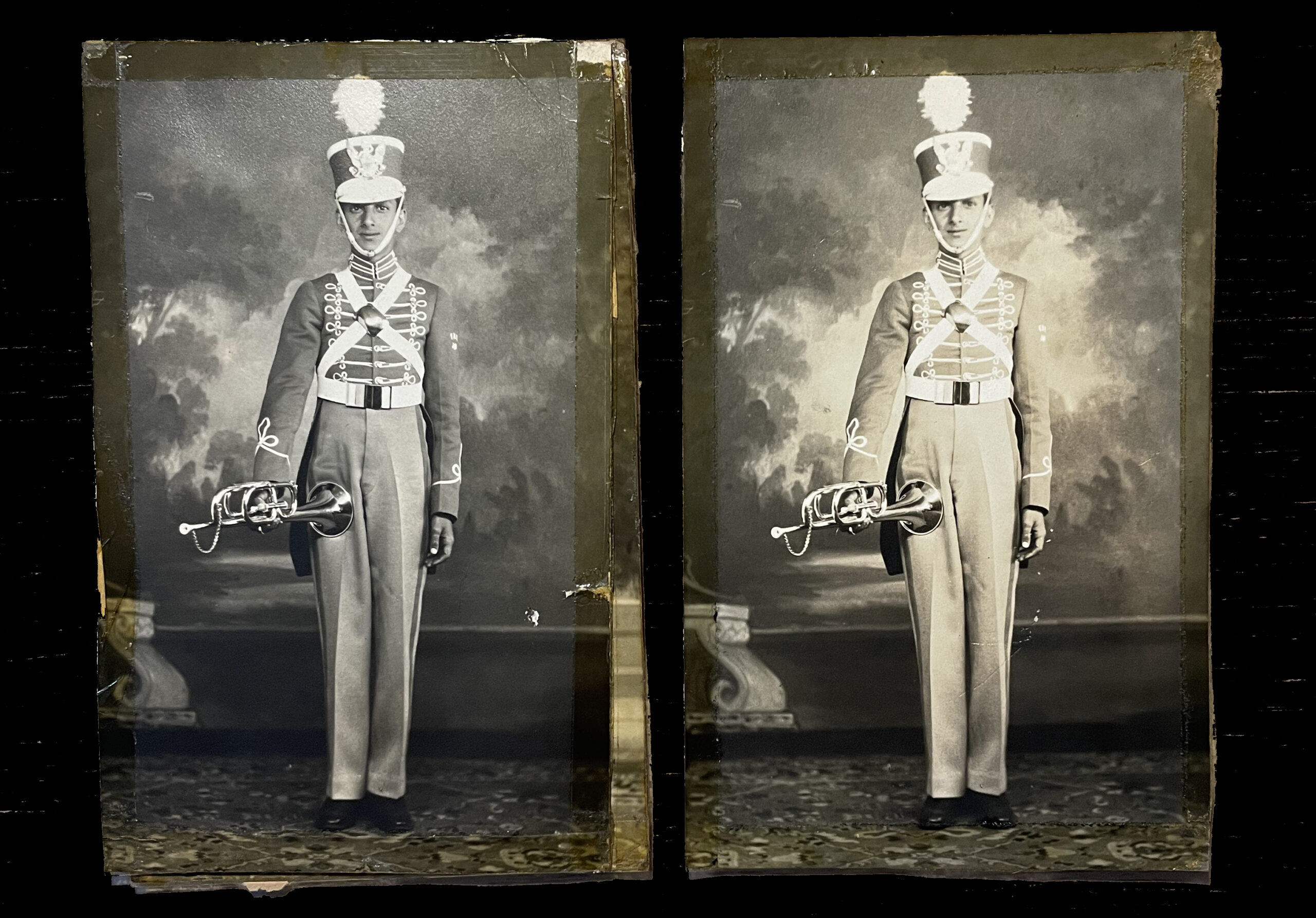How to De-Duplicate your photos the Simple Way

Ever wonder about how to de-duplicate your photos?
Chances are, your photo collection contains numerous duplicates. These duplicates take up a significant amount of space, not just in your physical collection but also across all your digital devices. De-duplicating your photos is important for many reasons.
Being aware of the presence of duplicates might prompt you to take action. De-duplicating your photos becomes quite straightforward. With a few steps, what initially appears to be an overwhelming number of photos can transform into a much more manageable collection.
The excellent aspect of de-duplicating your photos is that it requires minimal time and effort. For digital photos, you can employ an image-duplication program. For instance, we use Photo Sweeper on our Macs.
These programs swiftly eliminate duplicates and preserve valuable memory space. They identify the duplicates, and you decide which ones to keep. Note: You need to configure the software’s duplicate search criteria, and you can adjust them in various ways for optimal results, so there is a slight learning curve.
In the past, when printing photos was more common, it’s likely that you received duplicates or even triplicates whenever you developed a roll of film. Although extra copies may have seemed like a good idea, too many copies clutter a collection.
If you have boxes of prints that still contain duplicates, this is an excellent place to start. You can quickly sort through prints and eliminate any duplicate photos you don’t want. This is especially helpful if you plan to hire a professional photo organizer to organize your photos. Doing this process yourself will save you time and money!
Duplicate photos often extend back in time – even as early as the 1900s. As I sort through my client’s print photo collections, I frequently rediscover the same photos. I document any differing information found on the backs of these duplicates. Reviewing and preserving this metadata is essential. It can provide clarity, as well as additional information and stories about the images.
So, what should you do with all those extra physical copies? In most cases, people can’t recycle photographs due to the chemicals used in processing them. However, they don’t need to end up in the landfill.
Here are a few ideas:
- Give copies to the people (or their families) in the photos, who may be delighted to have a print they haven’t seen or had forgotten about.
- Add duplicates to an album – this doesn’t need to be archival quality since the photos are copies, not originals.
- Consider donating your old photographs to local schools and colleges (art classes love photos!).
- Talk to local historical societies about your family photos – they may be of interest.
- Or search online for creative projects with old print photos.
Being able to clear out a box of duplicate prints (or a virtual trash can of digital photos) quickly and easily is so satisfying – and a great way to preserve your photo collection going forward.
Recent Posts
Archives
- February 2024
- January 2024
- December 2023
- November 2023
- October 2023
- September 2023
- July 2023
- June 2023
- March 2023
- February 2023
- January 2023
- October 2022
- September 2022
- August 2022
- July 2022
- May 2022
- March 2022
- February 2022
- December 2021
- June 2021
- April 2021
- February 2021
- January 2021
- December 2020
- November 2020
- October 2020
- September 2020
- August 2020
- June 2020
- May 2020
- April 2020
- February 2020
- January 2020
- December 2019
- November 2019
- August 2019
- July 2019
- June 2019
- May 2019
- April 2019
- March 2019
- February 2019
- January 2019
- December 2018
- November 2018
- September 2018
- July 2018
- June 2018
- May 2018
- April 2018
- March 2018
- February 2018
- January 2018
- December 2017
- November 2017
- October 2017
- September 2017






